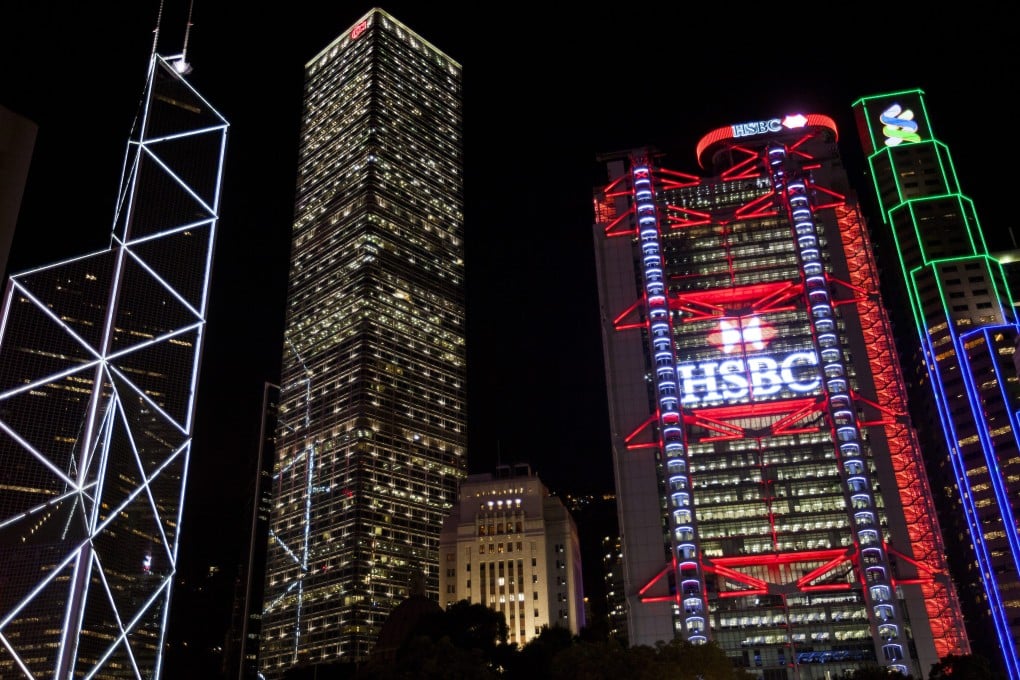Shenzhen knocks down Hong Kong to take top spot in China’s ranking of most competitive cities
For first time in 10 years, city has lost its title as the nation's most competitive centre, with Shenzhen taking the lead thanks to innovation

For the first time in a decade, Hong Kong has been unseated as the most competitive city in China, according to the Chinese Academy of Social Sciences, which placed Shenzhen in the top spot.

The survey, titled the Blue Book on Urban Competitiveness, placed Hong Kong in second place. The result was revealed by the academy in a press conference in Beijing yesterday.
A report on the survey cited Shenzhen's focus on innovation as the reason for its ascent, and said Hong Kong relied too much on its core industries of finance, shipping, tourism and professional services. It said the city had failed to offer enough support for organisations working in innovation and technology and other small but emerging industries.
In 2013, Hong Kong's spending on research and development for innovation and technology projects accounted for 0.73 per cent of its gross domestic product, according to the Census and Statistics Department.
That figure included spending in the private sector, higher education institutions and the public sector. The department did not yet have the corresponding figures for last year.
By contrast, Shenzhen's spending in the same area accounted for 4.05 per cent of gross domestic product last year, according to mainland media.